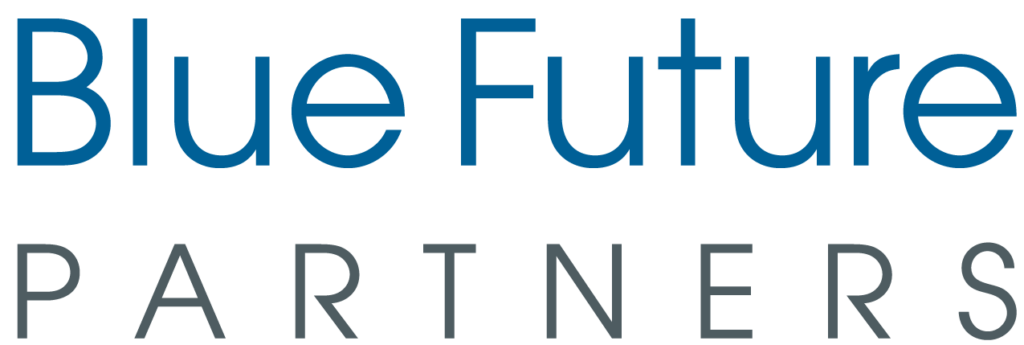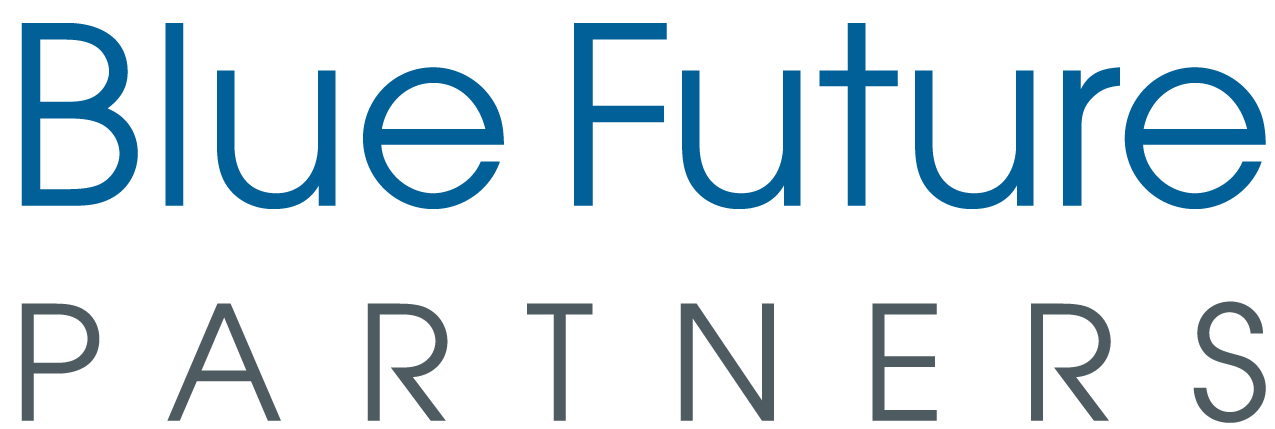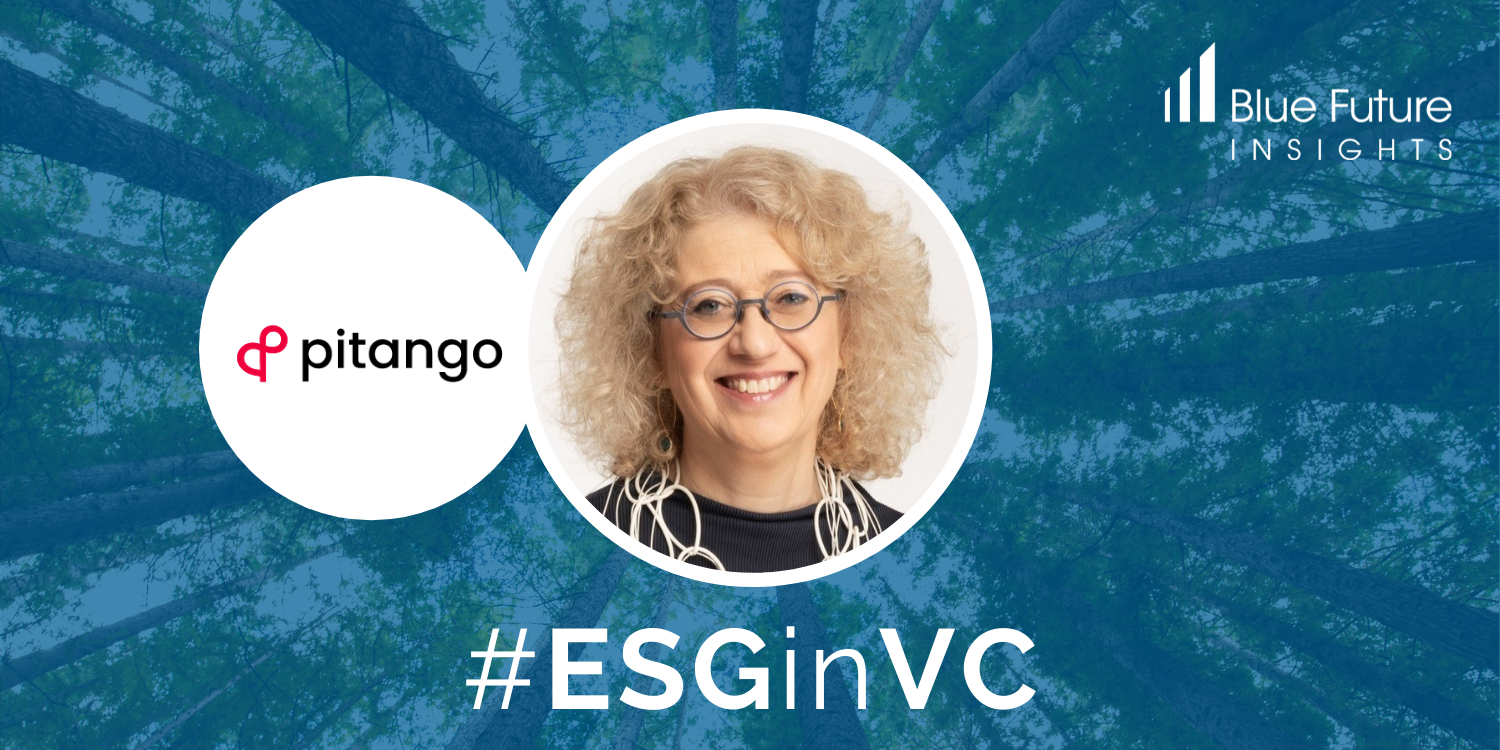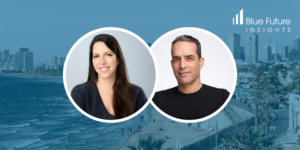ESGinVC Interview Series: The extract below is from the interview with Cecile Blilious, Head of Impact and Sustainability at Pitango Venture Capital.
Previous interviews include: Kinga Stanislawska (Experior VC, European Women in VC), Miki Yokoyama (Tech Founders), Fabian Heilemann (Earlybird, Leaders For Climate Action), Kanyi Maqubela (Kindred Ventures), David Teten (Versatile VC)
—
What sparked your passion for impact investing and are there any topics within this field that you especially care about?
I’ve been in the impact investing domain for almost two decades now. I was very lucky to be in the right place at the right time, because the field of impact investing didn’t really exist when I started to work on it. I was managing an internet company during the dot-com era and when the bubble burst, I spoke a lot to our team and investors about the underlying reasons for the crash. The more we spoke, the more we saw that a disconnect between capital and values had brought about these unreasonable valuations.
Since we were all part of the high-tech business, working with great entrepreneurs and new technologies, we decided that it was time to bring values and capital back together. In the early 2000s, we started to experiment on many different business models at the intersection of capital, values and tech. It was a really exciting time without any limitations, because nobody knew anything about impact investing yet. Today, you have official terms that you can google, but back then we could invent everything ourselves.
Even before that, I always felt strongly that the worlds of capital and value needed to converge. When I look at myself, I think of myself as one holistic person. I’m a human, but I’m also a business person, a student, an environmentalist and a parent – so why should I live in silos?
“…without the help of ground-breaking technologies, we will never reach the UN Sustainable Development Goals…”
I am really happy to see that this holistic view is growing and is already very engrained in the younger generations. The main reason I see for this is that we do everything on our phones today. Whatever we do – going out, scheduling meetings, talking to our children – we do it on our phones. Everything is converging today. This is the compelling message that I’ve transported for 20 years and where my passion lies.
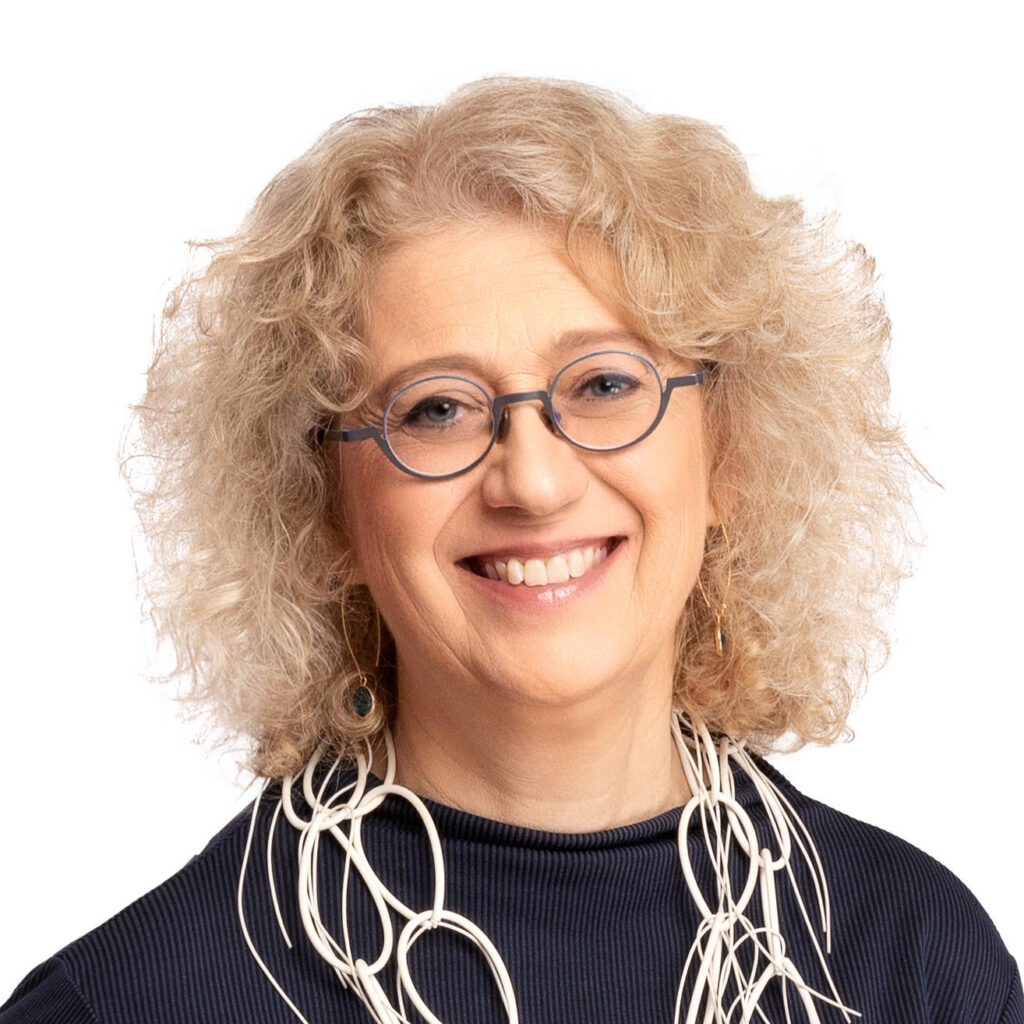
I’m really excited about the power of technology to make disruptive change happen. If you look at the impact investing world, you will find that 98% is in technology that is not high-tech. This is a big problem, because without the help of ground-breaking technologies, we will never reach the UN Sustainable Development Goals by 2030. We will not solve the climate crisis, we won’t create true social equity and we will not fix social disparities without high-tech.
How do you shape Pitango’s strategy as its Head of Investment and Sustainability?
At Pitango I created a strategy that looks at two sides of the impact investing equilibrium. The first is the question of how we can better support “impact natives” in need of capital, meaning startups that intentionally focus on impact. We added an impact and sustainability layer to our due diligence that is presented to the investment committee, and we work closely with the companies on impact once they join us.
“We added an impact and sustainability layer to our due diligence that is presented to the investment committee…”
At the same time, I didn’t just want to wait until our early-stage startups matured, because this can take many years. Pitango already has about 70 portfolio companies, so what about them? Why not migrate them too, helping them to identify the impact they are having and achieving their goals in this area? If this process is successful, they will bring their impact methodologies into their mainstream activities and won’t even have to call it impact. It will simply be a better way for them to do business!
Both parts of the equilibrium are really important to us. We need to bring more impact startups into our investment process, but we also have to migrate our existing companies. We see this as the best way to bring impact into the mainstream without turning into a pure impact fund.
Our reason for not wanting to turn into an impact-only fund is that such funds focus purely on companies who outcomes relate to the Sustainable Development Goals. However, there are many business models who do good for society that are not considered classic impact investments. With Pitango, we also want to support those types of companies and help them create a strong ESG infrastructure. This is an important distinction, because many people in VC funds think that they cannot do ESG because that would mean that they only do impact.
You have your own impact framework called the ESG to Sustainable Development Continuum. Can you explain more about this framework and how you integrate it into Pitango’s processes?
For us, impact is all about the convergence between ESG and SDG. The continuum starts on the ESG level and goes all the way to SDG compliance, meaning that it is a scale. First of all, it is important to note that we don’t invest in companies that create any harm. If we do see an intention to do good and a business model that is aligned with positive impact, then we can work with the company to transition them from intention to compliance.
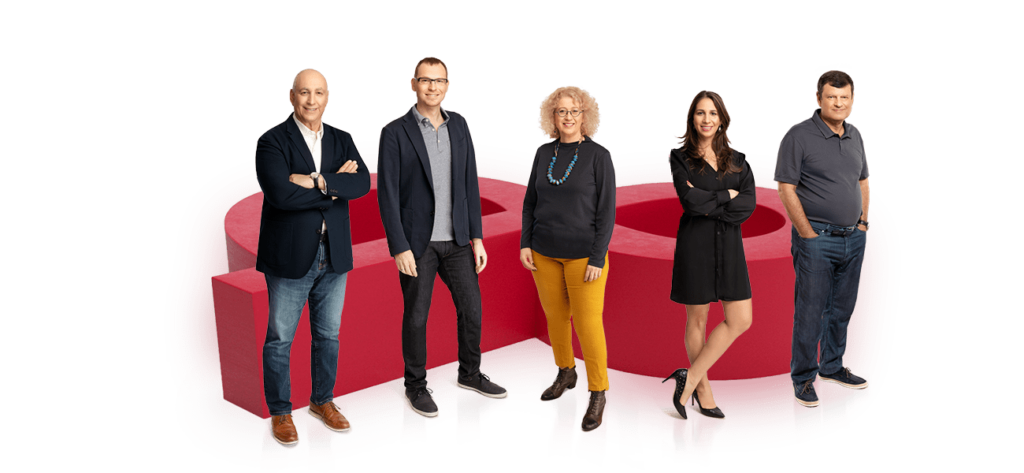
On one side of the spectrum, we have companies who have a “do-no-harm approach”, but don’t actively integrate ESG into their business activities yet. Next, there are businesses who actively pursue ESG activities and have an understanding of their impact, but don’t measure it. The next step of the continuum are companies that apply ESG and have an understanding of the SDGs, but don’t measure it. Then we take them to the last level, which is real compliance – meaning that they apply the Social Development Goals to their business practices and really understand how their product relates to those goals.
How do you help founders adopt ESG practices and be accountable when they are in the grind of running their company?
It very much depends on the phase and size of the company. At the start, I will usually work with one of the founders on designing an impact strategy, making sure it blends into their business plan and working together on implementing the strategy.
As they grow further, we work with the founders to identify the environmental and social effects of their product and help them recruit an internal impact taskforce, where every person on the taskforce is in charge of a different part of the organisation. The first thing we usually do with them is to review how their company lines up with the SDGs and find the areas that need improvement. In established companies, this is gradual and not an overnight change. If you want to have a better-balanced management team, you will not fire half of your managers just to have gender equality.
At the beginning, I usually get together with the taskforce on a weekly basis. We work on several impact frameworks like the Five Dimensions of Impact and the Theory of Change, and also make sure that the companies collect a lot of data that we analyse together. We typically move the meetings to once every two weeks as the work starts becoming more internal. Eventually, we create a report that tells the story of the company through the social, environmental, ESG or SDG lens, which also helps define the KPIs that need to be improved in the future.
How can impact contribute to a company’s valuation? How do you see the connection between impact or ESG and valuation evolving over time?
I think over time, there will not be any companies that don’t have ESG embedded in their business model. More and more research will show that better-managed companies provide better results. Eventually, investors will be drawn towards these companies both because they want to do good, but also because of better results.
“Whatever business you are in, you can always include impact parameters into your investment decisions…”
Impact is becoming a cross-border and cross-sector phenomenon. Whatever business you are in, you can always include impact parameters into your investment decisions and business model. And if you do so, you will be more profitable. You don’t have to invest in agriculture or health care to make an impact – you can also invest in smart cities, mobility, cyber security or prop-tech. Whatever you invest in, you can choose to be accountable – and this is how impact will move from the niche to the mainstream.
—
With our #ESGinVC initiative, we want to foster a discussion around ESG and help each other develop and improve our frameworks. As part of this initiative, we spoke to leading managers and LPs about their ESG frameworks. The long-form interviews will be published in a reader on our website, while we will regularly post interview extracts on our social media channels (Linkedin — Twitter — Medium).
About Cecile Blilious
Cecile is the Head of Impact & Sustainability at Pitango Venture Capital, Israel’s largest VC, where she is leading the integration of ESG into the framework of mainstream venture capital. Cecile has extensive experience in the combination between the impact and technology worlds for almost 20 years. Previously, Cecile was the Founder and Managing Partner of Impact First Investments, Israel’s first impact investing company.
Before that, Cecile managed the Noaber Foundation’s Israeli investments and held executive positions as a founder, CEO and board member is several startups. She was one of the initiators of the Al-Bawader private equity fund, the first investor in Arab-founded startups. Cecile founded the mentorship program at the “Keren Shemesh” Foundation for the Encouragement of Young Entrepreneurs as her community volunteering work.
Cecile recently founded and is the chairperson of GITA (the Global Impact Tech Alliance) – a global non-profit organization aiming to serve the impact-tech community worldwide and help it scale through community activities, data aggregation, training and consulting.
She is an alumnus of the Hebrew University of Jerusalem and is an avid practitioner of Tai-Chi martial art.
About Pitango
Founded in 1993, Pitango Venture Capital is a venture capital firm headquartered in Herzliya, Israel. The firm seeks to invest in Israel-based companies operating in the healthcare, information technology, consumer, web, mobile, big data, data infrastructure, digital media, hardware, security, cloud, and SaaS sectors.
With offices in Israel and Silicon Valley, Pitango currently manages several venture funds totaling over $2.4 Billion in committed capital. It has invested in more than 150 companies.
About Marco Cesare Solinas
Marco is an Analyst at Blue Future Partners, where he is responsible for sourcing and analysing new investment opportunities. He is passionate about Technology and Venture Capital and making an impact with investments. He focuses on both direct and indirect investments.
Previously, he has built an international and multicultural background across Italy, US, Germany, Turkey and Malaysia. Marco holds a CEMS Master’s in International Management and a Bachelor´s in Economics and Finance from Bocconi University.
Linkedin — Twitter — Medium
About Blue Future Partners
Blue Future Partners is a Fund of Funds with decades worth of experience in investing in Venture Capital. We specialize in backing Emerging Managers focused on early-stage technology investments. We are people-centric and relationship-driven. We have a global mandate and existing relationships with Emerging Managers in the US, Europe, Israel, China and South East Asia.
Website — Linkedin — Twitter — Medium

